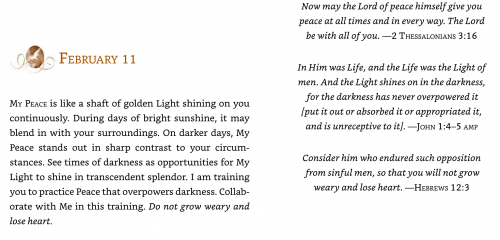The Hebrew prophets deeply loved their tradition and profoundly criticized it at the same time. Such truthful love is a very rare art form and a hallmark of prophetic identity. The prophet Jeremiah lived in a time of deep grief and loss. Jerusalem had fallen to the Babylonians and his people had been exiled. He critiqued the false prophets of his day who denied such necessary suffering and pretended things were better than they were. He poured out his heart to God and famously asked, “Is there no balm in Gilead? Is there no physician there?” (Jeremiah 8:22). The hope for a healing “balm in Gilead” provided inspiration for the African American spiritual tradition and Civil Rights Movement. Today’s meditation is a reflection from the mystic and theologian Howard Thurman about the beloved spiritual “There Is a Balm in Gilead.”
There is a balm in Gilead,
To make the spirit whole.
There is a balm in Gilead,
To heal the sin-sick soul.
The peculiar genius of the Negro slave [song] is revealed here in much of its structural splendor. The setting is the book of Jeremiah. The prophet has come to a “Dead Sea” place in his life. Not only is he discouraged over the external events in the life of Israel, but he is also spiritually depressed and tortured. [Wounded,] he cried out, “Is there no balm in Gilead? Is no physician there?” It is not a question of fact that he is raising—it is not a question directed to any particular person for an answer. It is not addressed either to God or to Israel, but rather it is a question raised by Jeremiah’s entire life. He is searching his own soul. He is stripped to the literal substance of himself, and is turned back on himself for an answer. Jeremiah is saying actually, “There must be a balm in Gilead; it cannot be that there is no balm in Gilead.” The relentless winnowing of his own bitter experience has laid bare his soul to the end that he is brought face to face with the very ground and core of his own faith.
The slave caught the mood of this spiritual dilemma and with it did an amazing thing. He straightened the question mark in Jeremiah’s sentence into an exclamation point: “There is a balm in Gilead!” Here is a note of creative triumph.
The melody itself is most suggestive. It hovers around the basic scale without any straying far afield. Only in one place is there a sharp lifting of a tonal eyebrow—a suggestion of escape; and then the melody swings back to work out its destiny within the zones of melodic agreement.
The basic insight here is one of optimism—an optimism that grows out of the pessimism of life and transcends it. It is an optimism that uses the pessimism of life as raw material out of which it creates its own strength.
